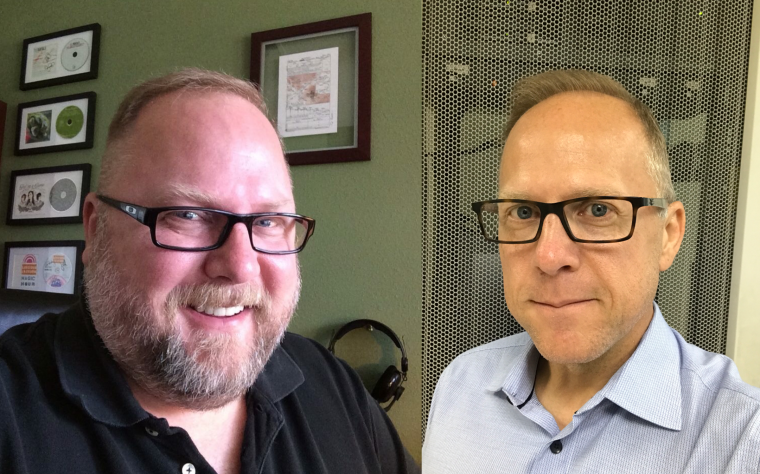
According to articles released in the past few weeks, Whole30 ranked as one of the worst or most difficult diets to undertake. This came as a surprise to me because it has changed the way I eat and improved my health. The articles said that they ranked Whole30 lowest for a few reasons
- Difficulty to maintain.
- Expensive
- No real evidence (yet) that it is effective (aside from what is called anecdotal).
- Restrictive.
- “Any diet that says bacon is good for you has to be suspect.”
I have thought about it long and hard because the reasons they stated for ranking it so low all made it successful for me.
Difficulty to maintain
Whole30 didn’t seem difficult for me to maintain. My wife and I did the necessary pre-work to get ready for our Whole30. We did (and still do) food prep on Sundays. It wasn’t easy in the beginning, but it taught us about how important it is to make our food from whole, natural ingredients. It taught us that feeding ourselves is hard work, and that the shortcuts that go into making our food fast and easy are bad for us and our bodies.
Expensive
This has been debunked before, but shopping for whole, natural foods is no more expensive than buying pre-processed foods. Almost dollar for dollar, you can spend the same on good foods as you can on the processed foods for the same number of people and the same number of meals. Eating grain-fed, free-roam, and organic can cost more, but if you stick with meat, vegetables, and fruit in their natural form, you can find deals on meats and vegetables and fruits on sale almost all the time. We find that our dollars spent on natural ingredients goes farther.
No real evidence that it works
Evidence is based on scientific studies, and these take years or decades to conclude. Anecdotal evidence, in the scientific community, refers to experiences people have and report on. It doesn’t take into account all the factors to isolate the diet as the cause for the improvement in health and loss of weight. Fair enough. But nearly everyone I know who has done a Whole30 or has gone Paleo has gotten healthier and lost weight. This is well-known now in the medical community. The studies are being done; it will take time.
Restrictive
This one made me laugh out loud. For real. If you are going from an, “I eat everything and anything” diet to Whole30, then yes, it’s very restrictive. Our diets NEED to be restricted. Our obesity epidemic is due to the lack of restraint and the horrible information we’ve been fed by nutritionists, doctors, and the government regarding “Balanced diets” and the over-use of sugar and grains in our diet coupled with the vilifying of fats. I learned to restrict my diet to only meat, fruit, and vegetables. This is a good thing, not something that should be considered bad.
“Any diet that says bacon is good for you has to be suspect.”
This one also made me laugh. It told me everything I needed to know about the person(s) writing the article(s). They didn’t understand that fat is not bad, and that the myth of a balanced diet was just that: a myth concocted by pseudo-scientists passing off their ideas of nutrition as fact based on nothing more than a theory from a doctor in the 50’s. The idea that fat in our bodies comes from fat we eat is laughable and ignores the complexity within our bodies to create usable energy and how our bodies store that excess energy.
The irony is that everything the article listed as being shortcomings were all what got through to me and helped me succeed in getting healthy, losing weight, and maintaining my health and weight loss. Nearly two and a half years later, I’m still at my lowest weight, and maintaining it easily.

Well done… wise words 😁🥓👊
LikeLiked by 1 person